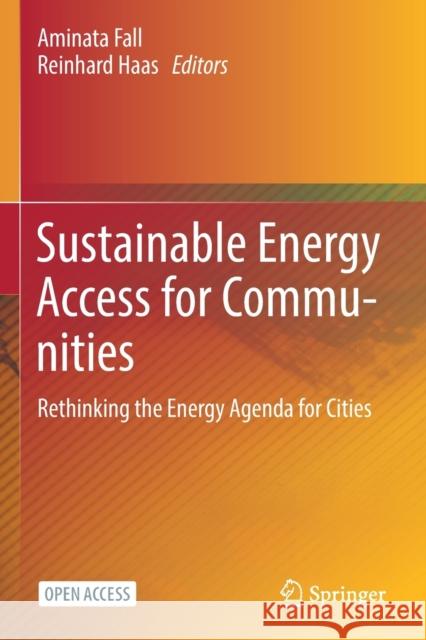Sustainable Energy Access for Communities: Rethinking the Energy Agenda for Cities » książka
topmenu
Sustainable Energy Access for Communities: Rethinking the Energy Agenda for Cities
ISBN-13: 9783030684129 / Angielski / Miękka / 2022 / 174 str.
Sustainable Energy Access for Communities: Rethinking the Energy Agenda for Cities
ISBN-13: 9783030684129 / Angielski / Miękka / 2022 / 174 str.
cena 161,36
(netto: 153,68 VAT: 5%)
Najniższa cena z 30 dni: 154,18
(netto: 153,68 VAT: 5%)
Najniższa cena z 30 dni: 154,18
Termin realizacji zamówienia:
ok. 16-18 dni roboczych.
ok. 16-18 dni roboczych.
Darmowa dostawa!
Kategorie:
Kategorie BISAC:
Wydawca:
Springer Nature Switzerland AG
Język:
Angielski
ISBN-13:
9783030684129
Rok wydania:
2022
Wydanie:
2022
Ilość stron:
174
Oprawa:
Miękka
Wolumenów:
01
Dodatkowe informacje:
Wydanie ilustrowane











